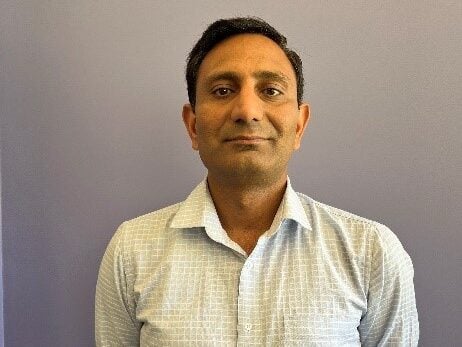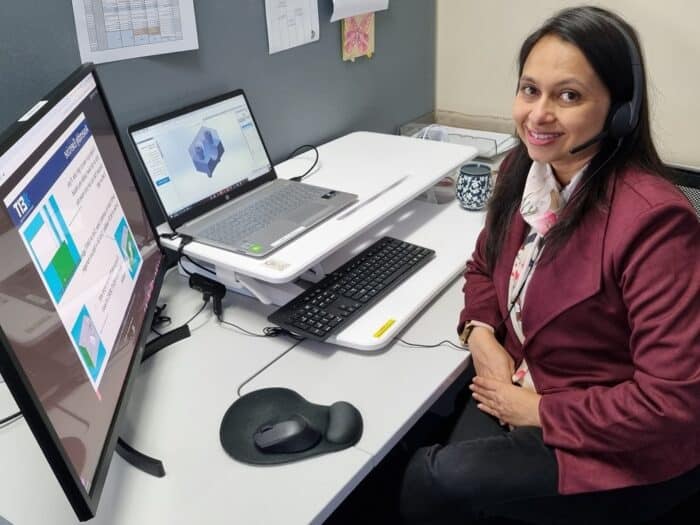Biomass power production will play an important part in the sustainable energy future. So when the call came to academically contribute to sustainability, three EIT academics jumped at the opportunity.
Dr Harisinh Parmar our Lab coordinator, Dr Milind Siddhpura, Course coordinator for Mechanical Engineering and Dr Arti Siddhpura a Lecturer for Mechanical Engineering penned a book chapter A sustainability case study of a biomass power plant using Empty Fruit Bunch in Malaysia.



The case study in the form of a book chapter was part of a new initiative by Gujarat Technological University (GTU) in Gujarat, India for academics to engage with sustainability.
The university challenged researchers to think about The Sustainable Development Goals set out by the United Nations.
It’s a universal call to end poverty, protect the planet and improve the lives and prospects of everyone, everywhere. All UN Member States adopted the 17 Goals in 2015 as part of the 2030 Agenda for Sustainable Development which set out a 15-year plan to achieve the Goals.
GTU challenged academics to contribute chapters to a book as a contribution from the university to disseminate information on global sustainability goals and education.
From a science and engineering perspective, participants could look at environmental sustainability and engage with ecosystem and services, green engineering and chemistry, air quality, water quality, stresses, or resource integrity.
Dr. Parmar, Dr. Siddhpura, and Dr. Siddhpura contributed their work to sustainable biomass power production using discarded fruits and solved two real-life problems:
- Power production with zero-emission.
- Using up wastage and thus preventing pollution.
“We participated in the Case Study competition with our MoU partner GTU and we were delighted to learn that we were declared as ‘Runners Up’ among quite a few teams across the country. Not only that, we feel proud that we got to contribute to the UN’s Sustainable Development Goals (SDGs), which will be published as a book chapter and will be taught to the current and future generations of multi-disciplinary students including engineering and management”, mentions Dr. Milind.
Their book chapter deals with a feasibility study on electricity production from EFB (Empty Fruit Bunch).
By exploring the main design constraint, the EIT team could successfully conclude the near-zero emissions from biomass power production at that facility.
You can read the paper below.


